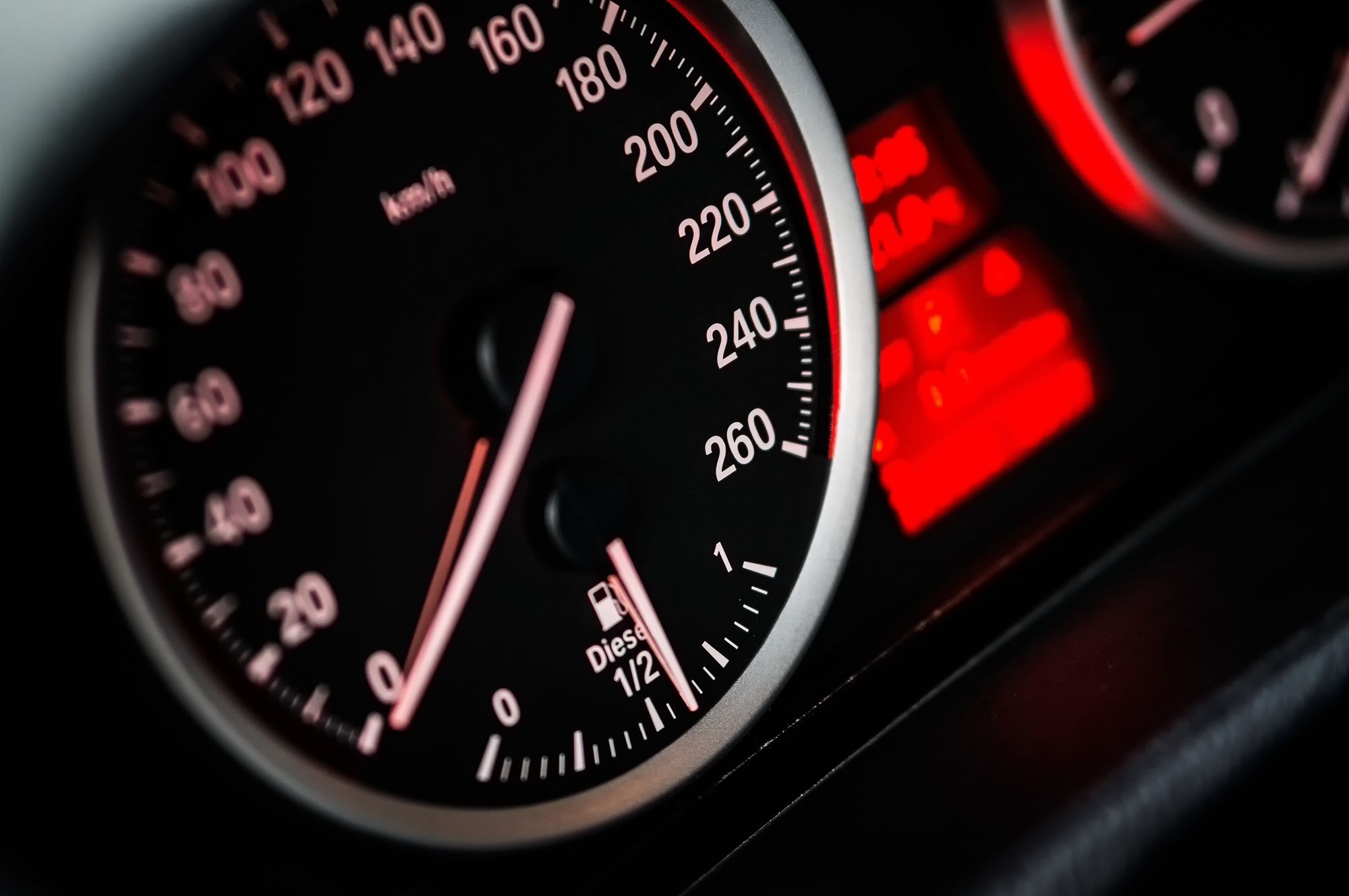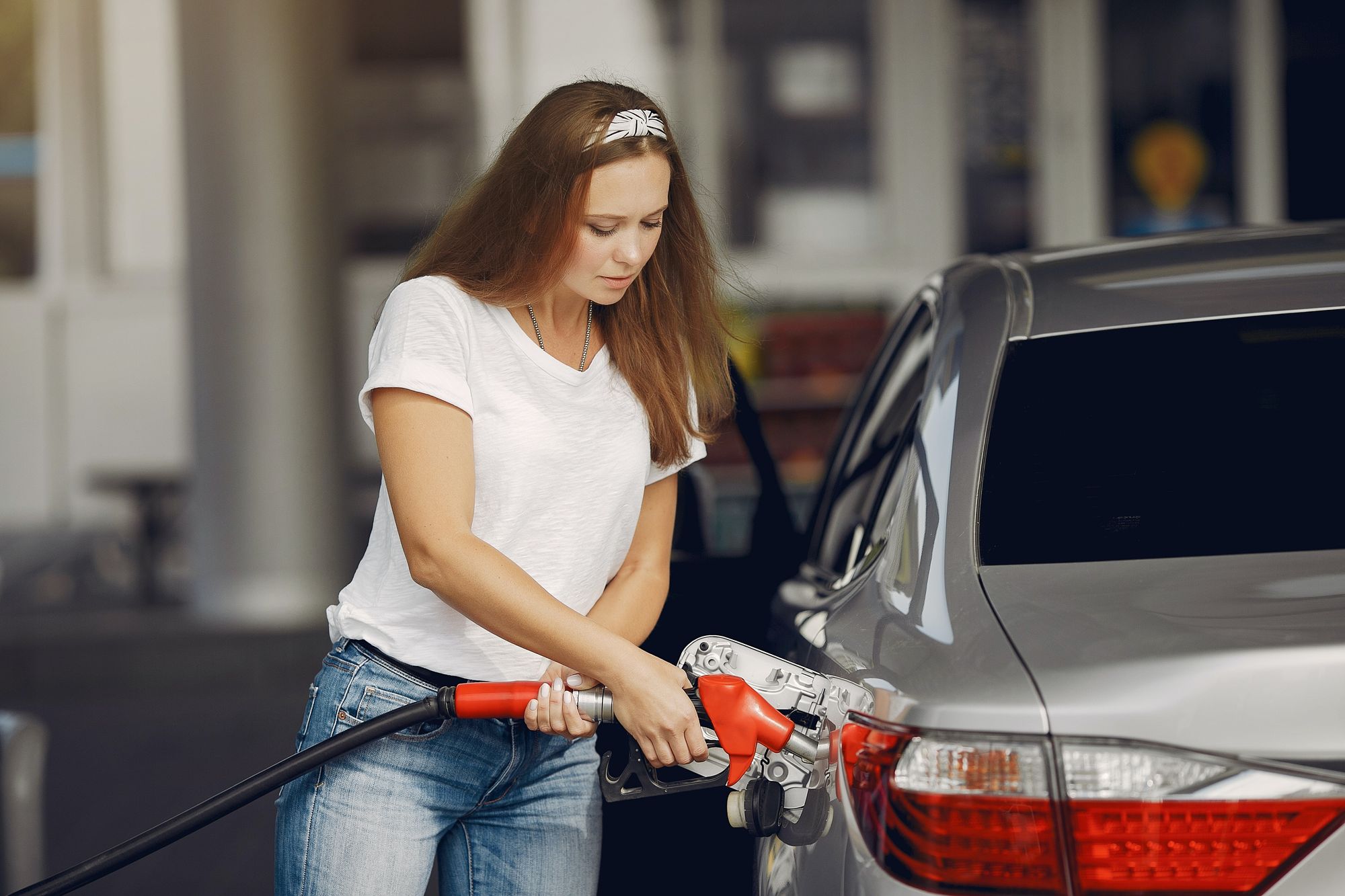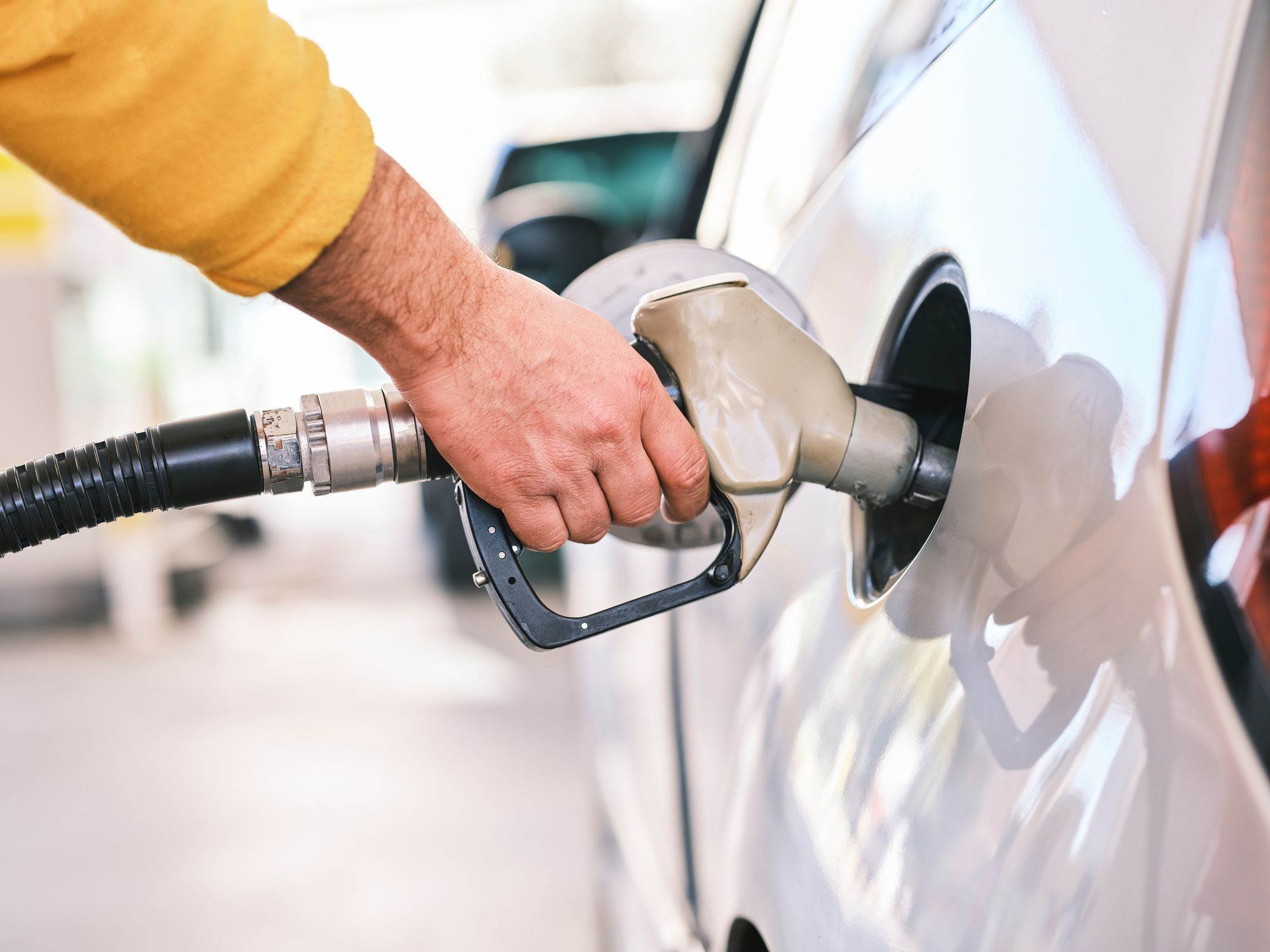In the past couple of weeks, we've seen the cost of fuel skyrocket to record highs.
As this frightening trend of increasing petrol and diesel costs continues, here are some top tips to help reduce fuel costs and make your money go further.
Make your car more fuel-efficient
The first step to saving money on petrol is to make your car more fuel-efficient. There are a number of ways you can do this...
1. Keep on top of car maintenance
To help save money on fuel, give your car the TLC it needs and keep on top of any maintenance. Get it serviced regularly and fix any faults quickly to help your car run as smoothly as possible.
2. Declutter your car
The heavier your car is, the more effort it takes to accelerate, which means you're using more fuel than necessary. Clear out your boot and remove any unnecessary bags or extra weight from your car to help cut down petrol costs.
3. Take your roof rack off
While you're decluttering, take off your roof rack too if you're not using it. Even unused, a roof rack adds wind resistance and increases the drag on your car, meaning your engine has to work harder. Therefore, removing it can help you save money on fuel.
4. Keep your tyres inflated
Regularly checking your tyre pressures are correct can help you save money on fuel too. Lower tyre pressure increases the drag on your car while overinflating can also cost you more money in fuel.
All the information you need on tyre pressure can be found in your vehicle handbook, on the side of the driver's door, or inside the fuel tank flap.
5. Invest in new tyres
Speaking of tyres, if it's time to change them, opt for energy-efficient tyres if you have room in your budget. They help reduce fuel consumption and may last longer than other types of tyres.
6. Check your wheel alignment
Did you know that an annual wheel alignment check helps your tyres wear more evenly and can add up to 12,000 miles to the tyre lifespan? Kwik Fit offer a free wheel alignment check too so there’s no excuse for not booking a check!
7. Use the correct engine oil
Using the right engine oil for your car can also help improve fuel economy and keep your car running for longer. Again, you can find out which one to use in your car's handbook.
It's advised that you change your oil between 3,000-5,000 miles, but some modern cars can last up to 10,000 miles between changes. It always pays to check and use the correct oil when the time comes, though!
8. Switch off any unused extras
Has your car got various optional extras? Things like air conditioning are lovely in the summer, as are heated seats in the winter.
However, they could be costing you extra cash in the long run if you leave them on while you're not making the most of them.
To reduce fuel costs, try switching off things like this, plus headlights, demisters, and any other extras when you're not using them.

Drive efficiently to save money on fuel
The way you drive can also have an impact on how much you're spending on fuel. Here are some of the ways you can drive more efficiently...
9. Accelerate gradually
The harder you accelerate, the more fuel you use. However, when you reach the same speed using less power (ideally under 3,000 revs) you use less fuel.
Plus, if you accelerate too fast, you'll probably have to brake quite hard too, which also uses more petrol.
10. Save cruise control for the motorway
Cruise control works best on long, flat roads, like motorways. It helps you save money on fuel by maintaining a constant speed.
However, on bumpy or unpredictable roads, your car's cruise control functionality is slower to react to any changes, meaning it may actually accelerate for longer than needed to overcompensate, for example, making your car use more fuel.
11. Avoid braking unless necessary
If it's safe to slow down and reduce your speed gradually, always aim to do this instead of braking (especially suddenly) to save money on fuel. If you're constantly braking, you'll probably end up accelerating more too, which means you're then using more fuel than you need to.
12. Change up gears as soon as possible
Another way to save money on fuel is to change up gears as soon as you can and keep your revs low. This can help you save money in urban areas especially.
Many newer cars will also have 'eco mode' and a gear change indicator on your dashboard, which generally offers the most economical option, so it's definitely worth paying attention to this.
13. Utilise stop/start functionality
If your car has auto stop/start, you're most likely to improve fuel economy and also reduce carbon dioxide emissions by utilising this in heavy traffic, rather than leaving your car running.
Even if you don't have this functionality, consider turning off your engine when you're stationary for long periods of time in traffic.

How to save money on fuel at the petrol station
There are many savvy ways you can save money on fuel when you go to fill up at your nearest petrol station...
14. Fill up at a supermarket petrol station
Filling up your car when you pick up your weekly shop will help you save time and money, as it's only one trip and a litre typically costs a few pence less than other petrol stations.
You will also find that fuel is generally cheaper in urban locations like towns and cities, rather than in rural locations or service stations.
15. Take advantage of loyalty schemes
Many supermarkets like Tesco and Sainsbury's offer loyalty schemes that reward bonus points when you fill up at one of their petrol stations.
Petrol stations like BP and Esso also have their own loyalty schemes, where they reward customers with exclusive freebies and deals on their apps.
16. Pay using a cashback credit card
If you're eligible, a cashback credit card helps you earn money back on everyday purchases, which is a great way to cut down the cost of petrol or diesel. Remember, only apply if you can afford to pay your credit card off in full each month to avoid any charges.
17. Don't pay extra for premium unleaded
A super easy way to save money at the petrol station is to skip premium unleaded. Unless you drive a high-performance sports car, there is very little benefit in purchasing premium unleaded over normal unleaded, anyway!
18. Use an app to find cheap petrol near you
Check out the cheapest petrol stations in your area by downloading an app such as Petrol Prices and entering your postcode and how far you're willing to travel. This will show you the cheapest fuel available near you.
19. Only fill up half a tank
This one might sound like false economy, but did you know you can actually save money by only filling up half your petrol tank?
The theory is that your car weighs more with a full tank, so it actually costs you more in fuel to drive it around than it would with just half a tank.
That being said, if you find a really cheap petrol station, it might be worth filling up! The money you save may outweigh the cost of having to fill up again shortly after at a more expensive petrol station.
20. Tighten the petrol cap
Do you check if your petrol cap is closed tight enough? This little hack can help you gain some extra mileage and save some pennies too. Petrol evaporates when it gets too hot, so if your cap isn't closed tight enough, you could be leaking fuel and wasting money.
Petrol vs diesel or electric?
Before you go, if you're purchasing a new car, it's worth weighing up which is the best option for you.
Back in the day, a diesel may have been a cheaper option in the long run. However, today they tend to cost more to purchase and older cars face diesel tax charges.
Plus, diesel fuel is no longer cheaper than petrol, and can even work out more expensive. That being said, if your annual mileage is high, diesel cars tend to be a better option, fuel economy-wise.
Although more expensive in terms of upfront costs, hybrid and electric cars may work out cheaper than both diesel and petrol cars, as there are a growing number of free charging points throughout the UK.
Final tip! Drive less if possible. It may sound obvious, but if you can share a car trip, walk or use public transport, this often works out cheaper than the cost of filling up your car.
